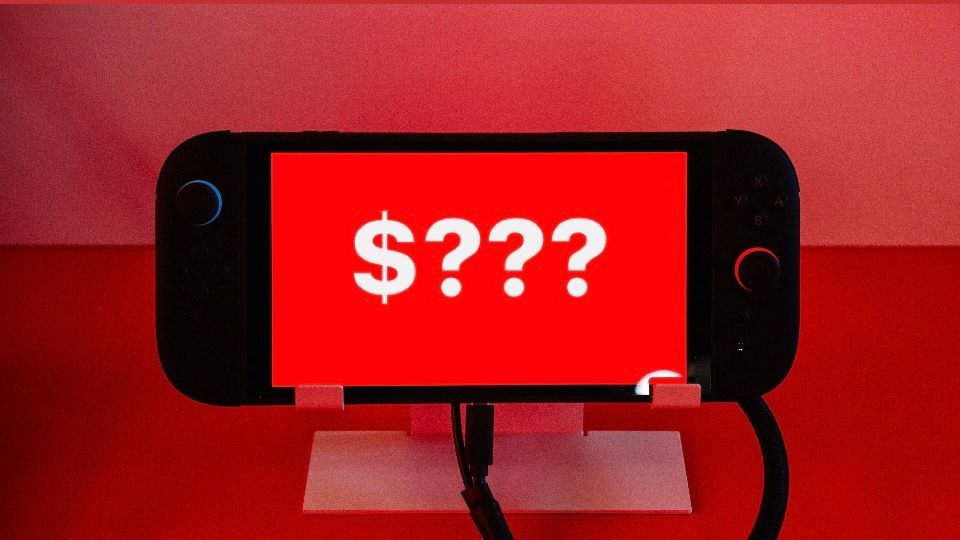Nintendo Switch 2 Pricing Nightmare: Trump Tariffs Threaten Gamers' Wallets

In a strategic move amid economic uncertainty, Nintendo has hit the pause button on preorders for its newest gaming console, adding another layer of complexity to an already contentious launch. The decision comes at a time when the console's hefty price tag has already sparked heated debates among gaming enthusiasts and industry watchers.
The suspension of preorders arrives against a backdrop of escalating trade tensions and economic volatility, with tariffs creating ripple effects across multiple industries. For Nintendo, this means carefully navigating market challenges while managing consumer expectations.
Gamers, who had been eagerly anticipating the console's release, are now left in a state of suspense. The steep pricing had already generated significant discussion, and this latest development only intensifies the anticipation and uncertainty surrounding the launch.
As the gaming community waits for further updates, industry analysts are closely monitoring how Nintendo will balance economic pressures with consumer demand in this increasingly complex marketplace.
